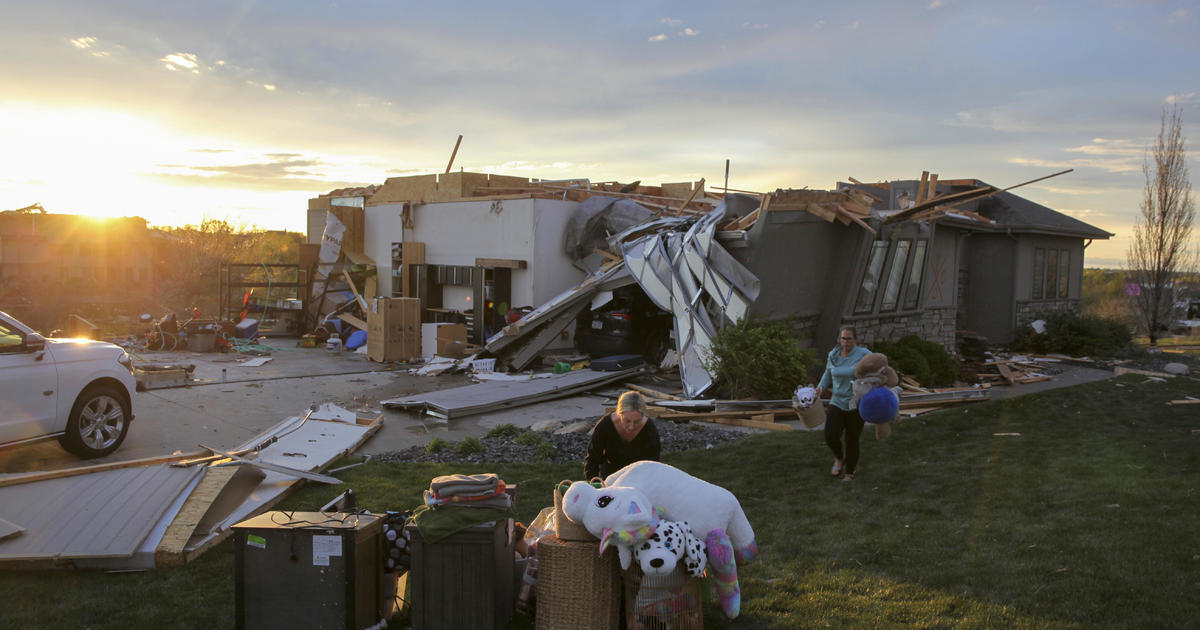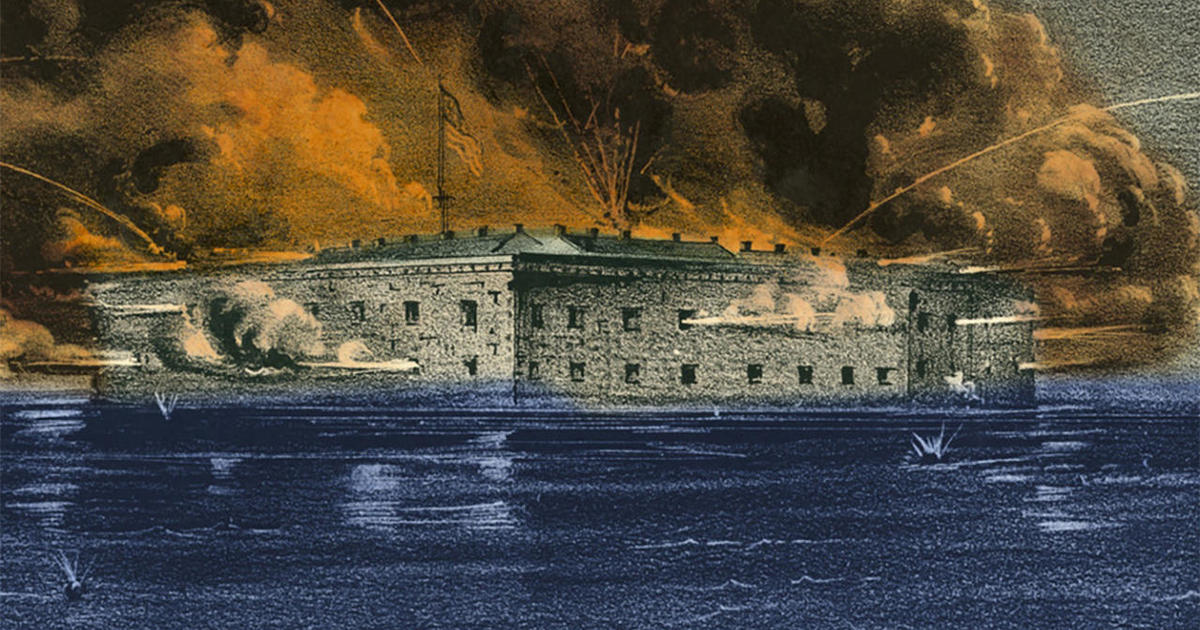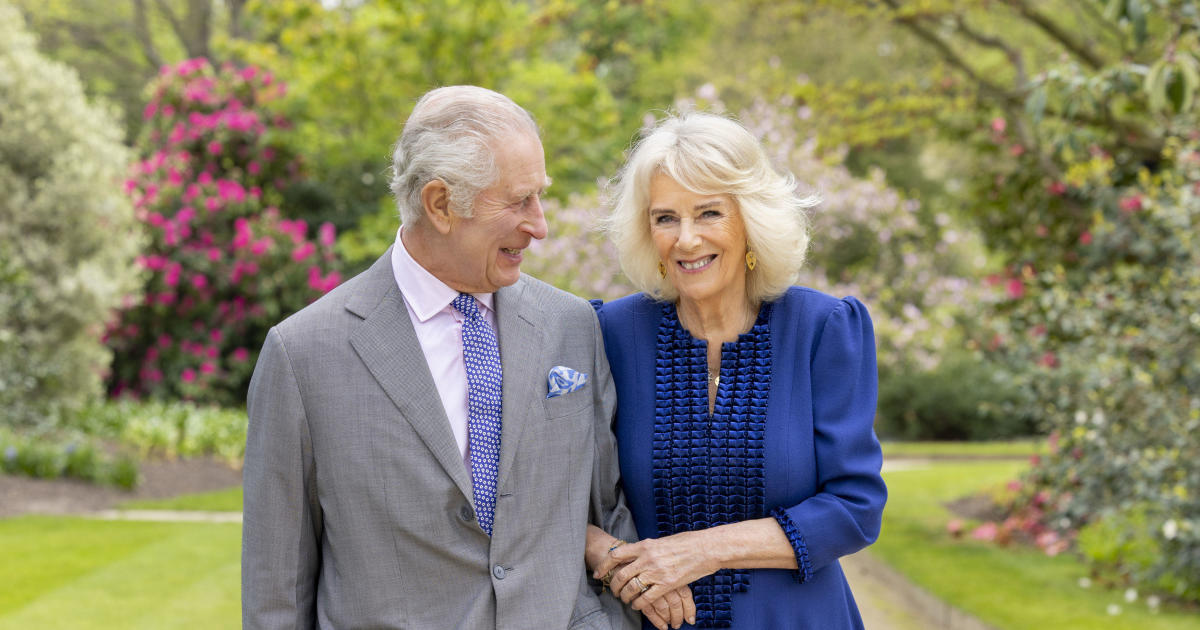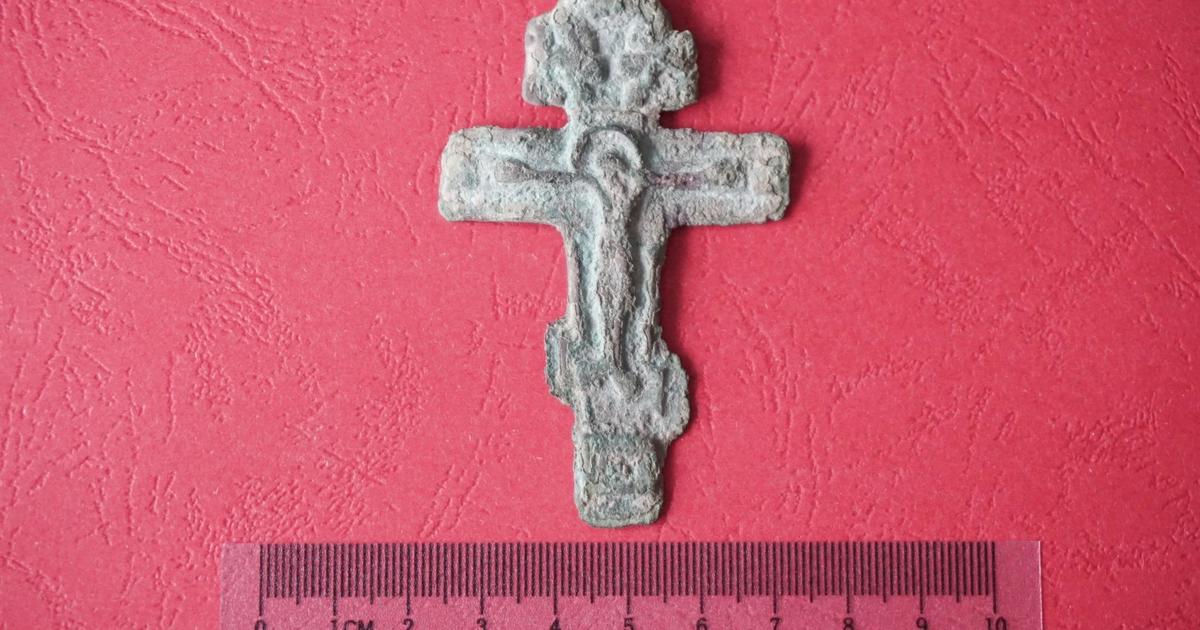In Nicaragua, pro-government forces, civilians violently retake symbolic area from protesters
MANAGUA, Nicaragua -- Nicaraguan police and armed pro-government civilians on Tuesday laid siege to and then retook a symbolically important neighborhood that had recently become a center of resistance to President Daniel Ortega's government.
Government forces began advancing on Masaya's Monimbo neighborhood before dawn and had largely regained control of it by the afternoon for the first time since massive protests against Ortega's government began in mid-April.
Youths fired homemade mortars from behind barriers of stacked paving stones pried from streets lined by single-story homes and artisan workshops in the town about 16 miles southeast of the capital.
But they were overwhelmingly outgunned by government loyalists who within hours had advanced to the heart of the neighborhood and began posting videos on social media of themselves firing semi-automatic rifles into the air in celebration.
Alvaro Leiva, director of the Nicaraguan Pro-Human Rights Association, said Tuesday that there were preliminary reports of three people killed in the fighting and dozens wounded. There were also widespread reports of youth hauled away by pro-government fighters.
Speaking earlier from Managua, independent and investigative journalist Carlos Fernando Chamorro told CBSN a "massive military attack" was taking place in Masaya -- specifically against Monimbo -- and that there was a real concern about the possibility of a massacre.
Monimbo was resisting with barricades and homemade weapons -- "mostly defensive weapons," he said.
The same neighborhood's residents rose up against strongman Anastasio Somoza in the late 1970s as part of the Nicaraguan Revolution led in part by Ortega himself. But since protests against cuts to the social security system in mid-April became a broader call for Ortega to leave office, Monimbo had again become a center of the opposition.
Ortega's government has dismissed opponents as delinquents attempting a coup d'etat and wanted to quell unrest in Masaya before Thursday's three-month anniversary of the start of protests across Nicaragua. Thursday is also the 39th anniversary of Liberation Day, which marks the overthrow of the Somoza regime in 1979 by the Sandinistas.
With gunshots echoing in the background Tuesday morning, a woman who asked, due to concerns for her safety, to only to be identified as Silvia said she treated wounded victims in a makeshift field clinic.
Silvia, a member of Monimbo's resistance movement, said youth were fighting with homemade mortars to defend the roadblocks erected at the neighborhood's perimeter, but government forces were heavily armed.
"We need the (Organization of American States), the international organizations to stop this massacre," Silvia said. "We're fighting for democracy, for freedom."
Several hours later, she said that pro-government "paramilitaries" had control of a good part of the area and that the opposition had fled into the surrounding woods.
Roman Catholic Apostolic Nuncio Stanislaw Sommertag Waldemar said in a recorded message that Nicaragua was experiencing "a tragic moment" and expressed "deep concern for the serious situation in the country." He urged all sides to return to dialogue to seek a peaceful resolution.
Nicaraguan Vice-President Rosario Murillo, who is also Ortega's wife, said Monday it was necessary to "clean" Monimbo and Masaya. She described the opposition as "coup plotters, few in number, malignant, sinister, diabolical, satanic and terrorists."
Masaya's police commissioner struck a similarly combative tone.
"The population of Masaya, the population of Monimbo, has asked us to free them from the delinquents and terrorists that have them trapped with their deadly barricades, and we're going to do it at any cost," said commissioner Ramon Avellan.
Gangs of armed men dressed as civilians appeared to be working in coordination with police to remove roadblocks set up by the opposition that have snarled the country's traffic for months. Heavy machinery was brought in to clear streets Tuesday.
Police roadblocks prevented journalists from entering Monimbo.
Last weekend, government-allied forces retook the National Autonomous University of Nicaragua campus in Managua, where students had been holed up.
Managua's auxiliary Roman Catholic bishop Silvio Jose Baez said via Twitter that bullets in Monimbo reached the Maria Magdalena parish where a priest was sheltering inside.
The government says more than 200 people have been killed since the unrest began, but independent rights groups say the number is higher.
On Tuesday, the United Nations human rights office spokesman Rupert Colville said, "The appalling loss of life must stop - now."
On Monday, Nicaragua's National Assembly, which is controlled by Ortega's party, approved a law against terrorism.
Colville said that the loosely-worded legislation could be used to target people "who are simply exercising their right to protest."
Francisco Palmieri, the U.S. deputy assistant secretary of state for western hemisphere affairs, said via Twitter that the U.S. strongly urged Ortega to not attack Masaya. "Continued gov't-instigated violence and bloodshed in #Nicaragua must end immediately. The world is watching."
Nicaraguan political analyst Oscar Rene Vargas said if the government succeeds in taking control of Masaya "it would be a tactical victory, but not a strategic one because the rebellion is going to continue internally and on an international level."



